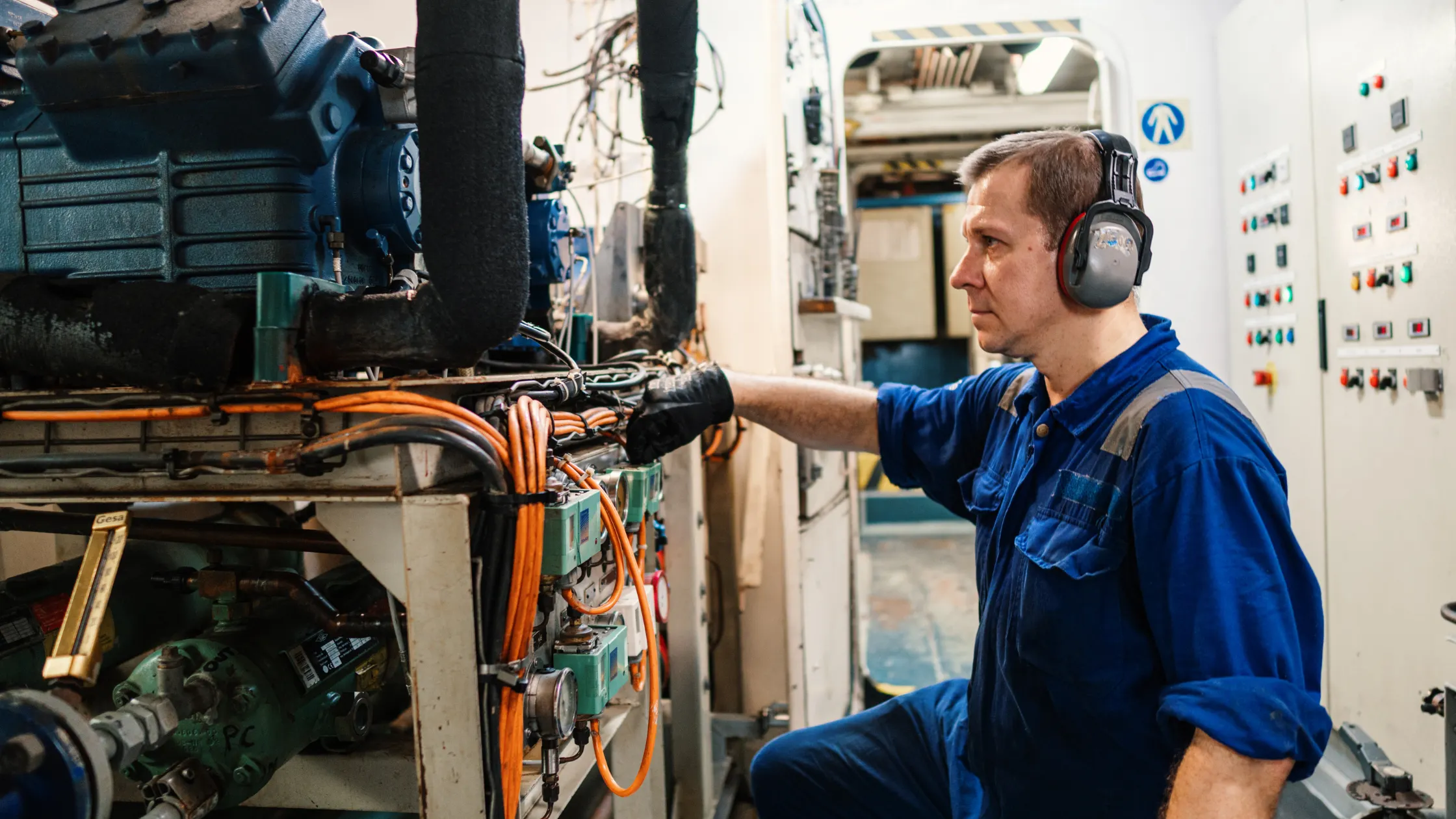The Ultimate Vessel Inspection Checklist – What Inspectors Look For

For vessel owners and operators, preparing for an inspection can feel overwhelming. Ensuring compliance with maritime regulations is critical for safety, efficiency, and avoiding costly delays. At AWP Marine Consultancy Ltd, we specialise in providing expert, unbiased marine consultancy to help you stay ahead. In this guide, we’ll break down a standard vessel inspection checklist, offer tips to prepare effectively, and share how you can access our free, downloadable checklist to ensure smooth sailing.
What Do Inspectors Look For?
A thorough vessel inspection covers multiple areas, each critical to operational safety and compliance. Below is a breakdown of the key components inspectors typically assess:
1. Hull and Structural Integrity
Inspectors will examine:
- Hull condition (corrosion, cracks, or deformities).
- Deck plating, bulkheads, and watertight doors.
- Coating conditions and anti-corrosion systems.
Tip: Conduct regular inspections and repairs to address issues like corrosion or damage before they escalate. AWP Marine Consultancy Ltd offers structural assessments to ensure your vessel meets regulatory standards.
2. Machinery and Engine Rooms
Inspectors focus on:
- Main engines, auxiliary systems, and generators.
- Lubrication and cooling systems.
- Cleanliness and absence of oil leaks.
Tip: Implement a robust Planned Maintenance System (PMS) and keep maintenance logs up to date to show inspectors evidence of proactive care.
3. Safety Equipment
Inspectors will check:
- Lifeboats, life rafts, and personal flotation devices (PFDs).
- Fire extinguishers, alarms, and fire suppression systems.
- Emergency lighting and communication devices.
Tip: Schedule routine servicing and replace expired safety equipment. Regular crew training on emergency procedures is also essential.
4. Navigation and Communication Systems
Key items include:
- Radar, GPS, AIS, and echo sounders.
- VHF radios and other communication devices.
- Electronic charts and navigational aids.
Tip: Test all navigation and communication systems before an inspection. Ensure software updates are installed where necessary.
5. Documentation and Certifications
Inspectors will require:
- Vessel registration and insurance documents.
- Crew certifications and training records.
- Maintenance logs and inspection reports.
Tip: Keep documents well-organised and accessible to minimise delays. A digital system can streamline record-keeping and retrieval.
Quick Tips to Prepare for a Vessel Inspection
Preparation is key to avoiding delays and ensuring a smooth inspection process. Here are some actionable steps:
- Perform a Pre-Inspection Check: Use a detailed checklist (like the one provided by AWP Marine Consultancy Ltd) to assess your vessel thoroughly.
- Involve the Crew: Train your team to operate safety and navigation equipment confidently, as inspectors may ask for demonstrations.
- Organise Documentation: Ensure all required documents are up to date and readily available.
- Schedule Professional Audits: An unbiased audit by a marine consultancy like AWP Marine Consultancy Ltd can identify and address potential issues before the official inspection.
Why Choose AWP Marine Consultancy Ltd?
At AWP Marine Consultancy Ltd, we take pride in delivering safe, efficient, and unbiased marine consultancy services across the globe. Whether you need a pre-inspection audit, expert advice, or support with compliance, our team is here to help.
Conclusion
Vessel inspections are a vital part of ensuring safety and compliance in the maritime industry. By understanding what inspectors look for and taking proactive steps to prepare, you can avoid delays, fines, and operational risks.
Ready to take the stress out of inspections? Download our free checklist today and let AWP Marine Consultancy Ltd help you navigate every step of the process with confidence.
